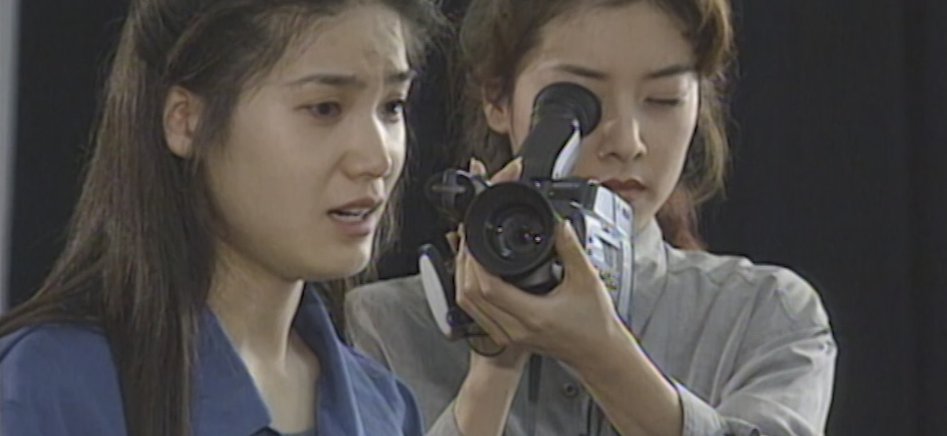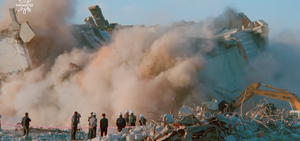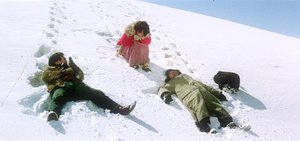The Age of Beasts

Korean Film Nights
[Modern Korea 2, Ep 3]
Korean Film Nights presents four episodes of the television documentary series Modern Korea 2, produced by the KBS television channel. Each episode uses footage selected from the vast KBS archives to create compilation narratives that look back at the social, political, and cultural themes that have marked Korea’s history over the decades.
The footage and images of the series are edited from news broadcasts, TV documentaries, popular entertainment shows and fictional dramas. The choice of themes, focusing on lesser-known events, and its sober use of footage and editing, construct a complex view of Korea in the 1980s and 1990s. Heading to its third season, Modern Korea has thus far covered topics such as the 1997 Asian Financial Crisis and the IMF bailout, histories of education and the birth of a teacher’s union, the tragic collapse of the Sampoong Department Store in 1995, among many others. The series provides a window into Korean history through images produced by public television broadcasters.
The KCCUK will screen other episodes from this series, including The Age of Beasts, about the struggle for women’s rights in the late 1980s, and K-pop Genesis, about the history of Korean pop music in the 1980s.
[Modern Korea 2, Ep 3] The Age of Beasts
The Age of Beasts, a compilation documentary by Jeong Jae-eun, is part of the series Modern Korea 2 produced by Korean Broadcasting System (KBS). The programme traces the long struggle for women’s rights, from challenges to the misogynistic legislative system in the late 1980s to first-ever court case against sexual harassment and the enactment of the Act on the Punishment of Sexual Violence and Protection of Victims in 1994.
Striking against the violence prevailing in the 1980s, some victims turned perpetrators. The film’s titular “beast” is the word used by a woman who in 1991 killed the man who had raped her when she was nine. The director defends the phrase as one “denouncing the barbarism and violence of the times.”
Women-centred narratives were easier to find in TV dramas and teleplays, featured prominently here, than in the news and current affairs programmes. Skilfully put together, KBS archival clips perform a kind of ‘disk defragmentation’, giving the history of women’s struggle its rightful place in Korea’s modern history.
Ania Ostrowska




